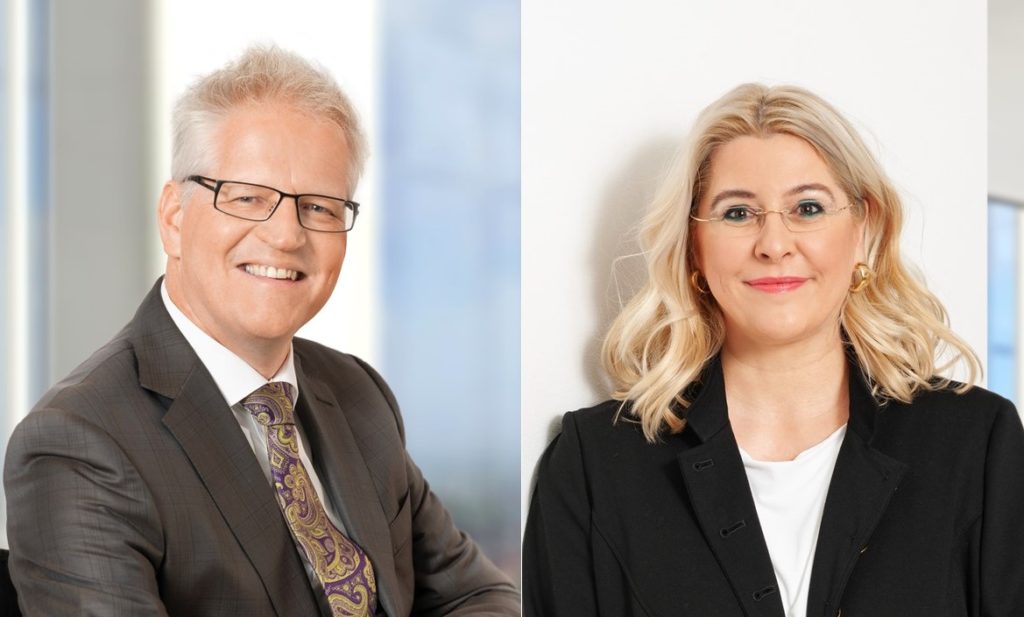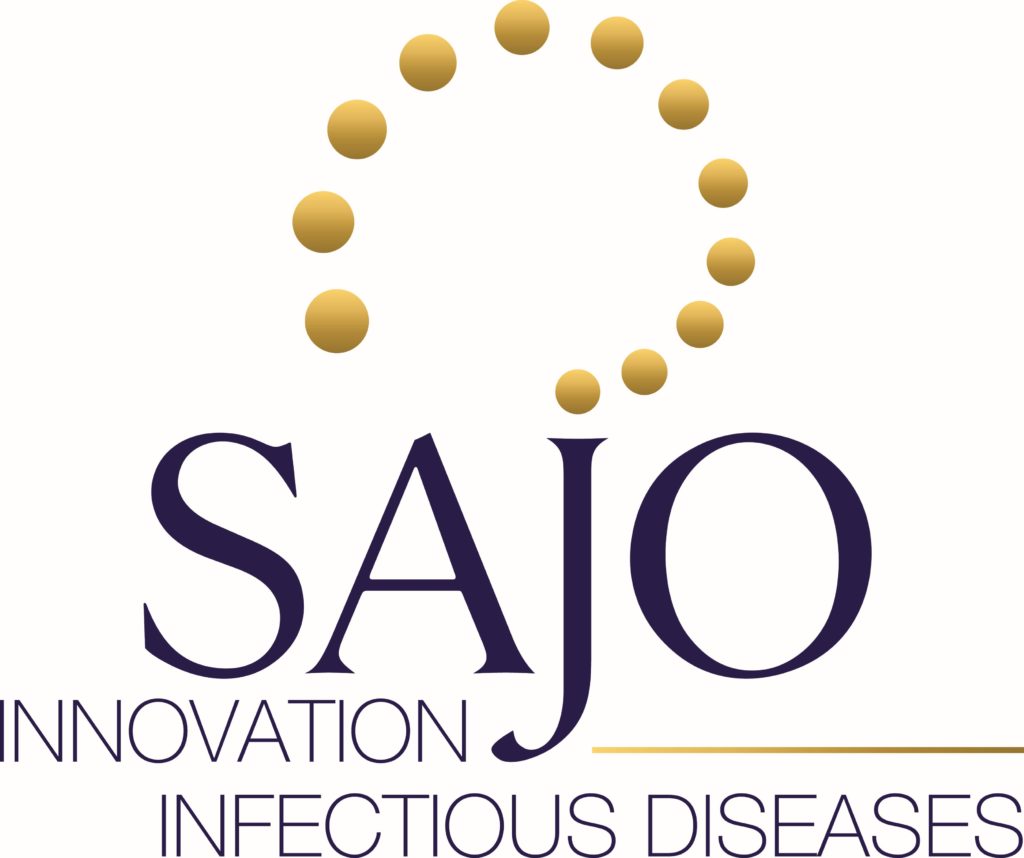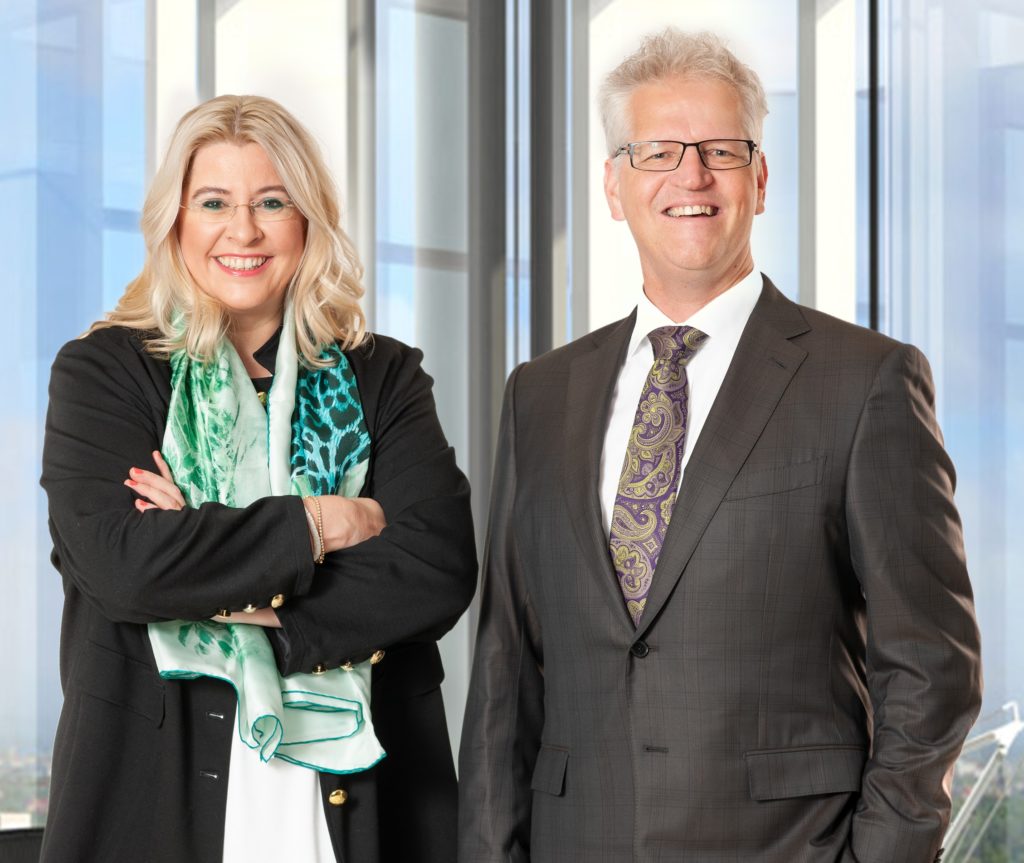Nonsense correlation part II
You may zoom in and out using CTRL+ and CTRL-
Dear readers,
A recently published article (https://www.pnas.org/content/118/12/e2019034118) in the well-respected scientific periodical PNAS (Proceedings of the National Academy of Sciences of the United States of America) has been making waves in Germany, mainly because the media had jumped on the occasion. The Technical University of Munich (TUM) as the leading organization even made a press release (https://www.tum.de/die-tum/aktuelles/covid-19/artikel/article/36478/).
Spoiler alert: This again is an example of statistical nonsense correlation, not of causality. We had dealt with two similar cases last year (that found a correlation of COVID-19 and broccoli consumption), for details please see here: https://www.sajo-innovation.de/blog/causality-or-correlation-wishful-thinking-in-science/
This kind of work, we are pegging as “scientific satire”.
We won’t go into the details we are just summarizing: The authors declare to have found a connection of SARS-CoV-2 infections with the amount of pollen released by plants.
This indeed would be a remarkable observation, since it would provide an extra argument for the donning of N95 masks. As you know, we are steadfast proponents of wearing N95 masks. They are particle filters, that remove viruses, fine dust, as well as pollen from the air you breathe. So far, so good.
The authors are from the areas of environmental medicine, allergology, meteorology, botany, mathematics, economy, public health, environmental prediction (!), and occupational medicine. There is a striking absence of immunologists and virologists. Maybe this is a reason for the results of this “study” and their interpretation.
The article’s premise is based upon the observation that pollen allergies are reducing the amounts of interferons in the human body. Interferons are a crucial first line of defense against numerous pathogens. This, we can follow. However, instead of internationally acknowledged work, unfortunately the authors chose to cite their own previous work for verification. The authors also do not seem to comprehend, that interferons do not prevent an infection, they are preventing a pathogen’s spread in the body after infection.
The authors collected data from 31 countries spanning five continents. Data are containing registered COVID-19 cases, weather, humidity, population density, the kind and strength of lockdown measures, and the existence of weekends.
The work basically is a retrospective study of existing literature. The data were obtained through publicly accessible portals. Among these portals are the German Robert-Koch-Institute and other global government sites, but also such questionable sources as Wikipedia. Unfortunately, the authors are providing the names of homepages only, not the exact pages where they retrieved the actual daily data they were working with. This is not a reference, this is cheek. More than half a dozen of the links is leading to an Error 404. Among these are the links to the sites in the US, Switzerland, and Sweden. We consider this more than questionable.
The authors are making two classic mistakes in their work: The first one is cherry picking of data. Only certain countries were chosen, with arbitrary observation time frames. What we find most disturbing is the authors’ tendency to exclude countries that do not fit to their premise. Results from a mere 8 of the 31 countries are shown in graphics, seven European ones and the US. The short pollen season is their justification. Sweden, a country that stood out by their lax handling of the SARS-CoV-2 pandemic should have been a prime example for the authors, however they decided to ignore it, for reasons of the low pollen concentration! This is remarkable since Sweden turned out to have one of the highest per capita death rates from COVID-19. Without a lot of pollen. Obviously, this did not conform with the authors’ expectation, and had to be excluded.
The second mistake is one often made: The authors are trying very hard to prove their hypothesis. Careful scientific work is done the opposite way: You try to disprove your hypothesis in any possible way. If you fail, your hypothesis might be valid.
As virologists we cannot help to point out that any influence of pollen concentration on the innate immune system should also have an effect on other respiratory pathogens. This is not being addressed in this article.
For a year now, scientists and medics are trying to identify factors influencing the outcome of a SARS-CoV-2 infection. So far allergies have not been named a factor. Unfortunately, this dubious article does not help to clarify this point.
To wrap this up, we want to point out one further severe lapse: One figure is illustrating a comparison of densely vs. sparsely populated areas. Densely populated regions exhibited a higher infection rate during pollen season as compared to other times. This was not true for sparsely populated regions. The authors are ignoring one simple explanation. Plants are releasing pollen in dry and warm conditions. This is exactly the weather that leads to people gathering closely packed in pedestrian zones and parks of densely populated cites. At the time these data were collected, there were no mandatory face mask rules imposed. Sometimes it is worth to take human behavior into account.
One more point we find annoying is the financial support of this work by several EU funding programs. This is how tax-payers’ money is being wasted.
This publication is a disgrace! For the authors, their institutions, for the journal, and for the reviewers (should there have been any).
This is reminding us of the University of Hamburg, that recently had made a press release about a “publication” of one scientist way out of the area of his expertise, who, using Wikipedia, Twitter, and Facebook pointed out that SARS-CoV-2 originated in a Chinese laboratory.
Such frivolous contributions are harming the German scientific reputation.
Please, continue to eat broccoli, and do consider wearing N95 masks. Broccoli does not harm you, N95 masks do protect you from all kinds of pollution: Viruses, bacteria, fine dust, and pollen as well. However, they do not protect you from stupidities like this publication.

Finally, some breaking news regarding the German travel madness. Unfortunately, the list of stupid political decisions does not come to an end. The German Federal Foreign Office has canceled several travel warnings, which resulted in a flurry of travel bookings to numbers twice as high as before the pandemic. Starting this weekend, until Easter, thousands of Germans will descend on Mallorca, in a time when infection numbers are soaring. What madness.
Our prognosis: After Easter, the Balearic Islands will face another lockdown thanks to the thoughtful tourists. Upon return, the travelers no longer have to go into quarantine, this will result in a strong growth of infection numbers. There is no need for a glass ball.
Yours, Jörg and Sabine


SAJO is consulting all around infectious diseases. We are applying our know-how, that we have acquired in more than 20 years. We do what we can to fight this pandemic.
SAJO – for a healthy world and better future!

To our delight our blog is receiving a lot of acceptance, we love to share our knowledge. Single posts and contents are being adopted by others, also in media. We have learned how to correctly make a citation; this we would wish from others in return as well. Please feel free to share the link – it is an informative tool to fight this pandemic.
If you like our blog and do find it helpful, please feel free to support the blog: SAJO, IBAN: DE19 7016 9464 0000 5444 50, BIC: GENODEF1M07, Re: sajo blog – Schenkung
Your contribution will provide support for our colleagues who are working behind the scenes of the blog. Sabine and Jörg continue to work on this pro bono.

If you want to award a contract to SAJO, or if you want to have us consult you, or if you want to invest in SAJO, please get in touch with us.


